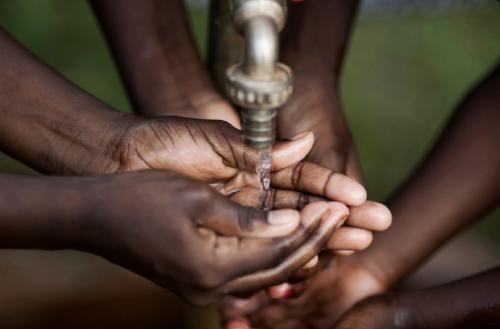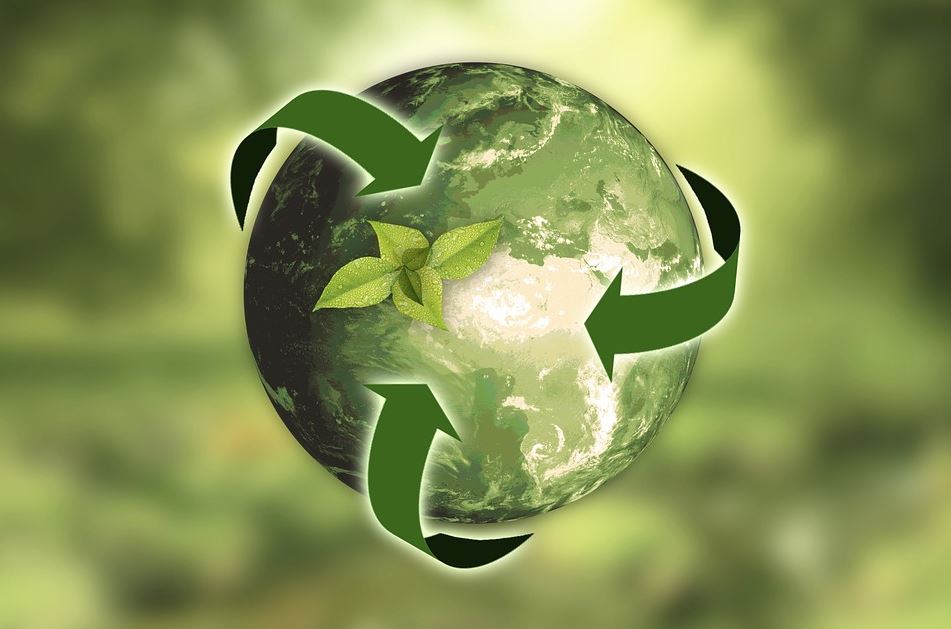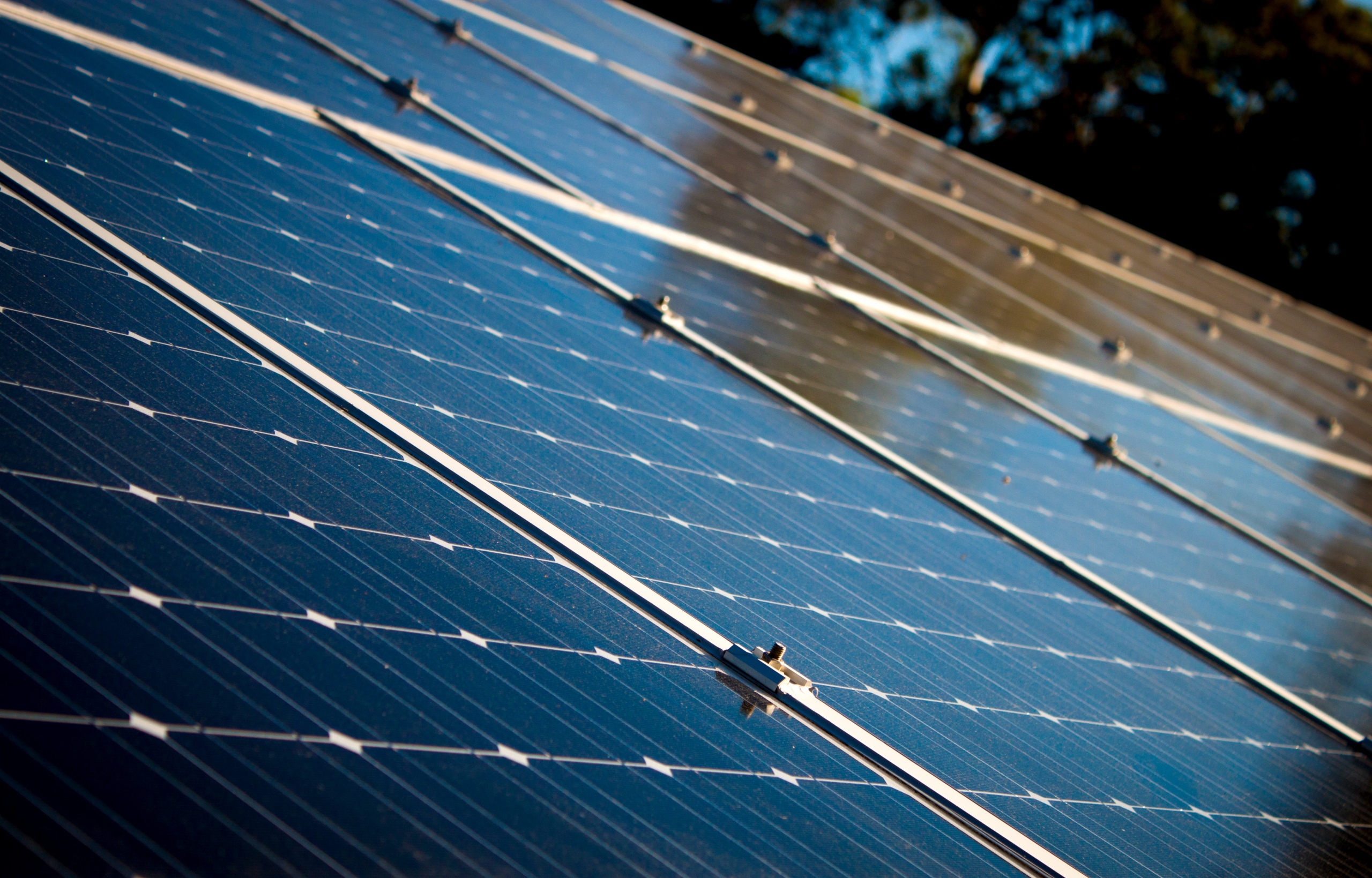In the west we rarely give much thought to the water we drink and bathe in. As far as we are concerned it’s always been there and likely always will. We turn on a tap and there it is. It’s probably safe to say that we take water for granted. And many of you are probably thinking, why shouldn’t we? We live on an island, after all!
It’s funny really. Most of the world’s water is not safe for us to drink. You’ve more than likely heard stories about men that used to lose their minds drinking water directly from the ocean. And when we go abroad we’re often warned not to drink water or to accept ice in our drinks or to even brush our teeth with tap water.
The world’s water supply seems as though it was never supposed to support such a huge system of life – fresh water is polluted in many areas because there are too many people and natural diseases run rampant.
Development
Lack of sanitation has become a real problem in developing countries, often with large populations. The World Health Organisation (W.H.O.) have estimated that 2.5 billion people around the world lack basic sanitation. That is over a third of the entire human population. This problem results in over 200 million dead children a year. That is one of the most devastating death tolls known to man, and why? Because of faeces.
Poo isn’t pleasant, not by any stretch of the imagination, but in general, we’re not required to deal with it. There are systems in place that flush that stuff away so we never have to think about it. But what about in countries where there are less-developed towns and cities attempting to function without proper sanitation? Without sewers and flushing toilets?
India is ranked top among countries without sufficient sanitation, estimating that 808 million people go without proper access. This results in what is called “open defecation,” where people urinate or defecate in bushes near their homes. Unfortunately this can often cause the spread of disease near their home.
Can We Deliver?
China, Indonesia and Nigeria are also high up on the list of countries that are suffering from poor sanitation and as the population grows the problems are only going to get worse. In many developing countries it is estimated that 90 per cent of all defecation is discharged into rivers, lakes, and oceans, which could ultimately effect greater areas of the world.
The good news? Sanitation is relatively cheap and can actually save money in the long run against health bills. And it fixes a number of things you wouldn’t even expect – a lack of toilets in African schools actually causes roughly 20 per cent of female students to quit education. Ultimately, proper sanitation can make all the difference to how quickly these countries are able to develop.
As what is called a “Western” country, we often take water and sanitation for granted, forgetting that not much over a century ago we were struggling with our sewage problems and suffering with wide outbreaks of cholera. Whilst our systems still need to develop, we don’t realise just how lucky we are.
Fraser Ruthven is the Marketing Associate for London Drainage Facilities, one of London’s leading drainage companies. London Drainage provides a wide range of drainage diagnostic and repair services in and around London.




